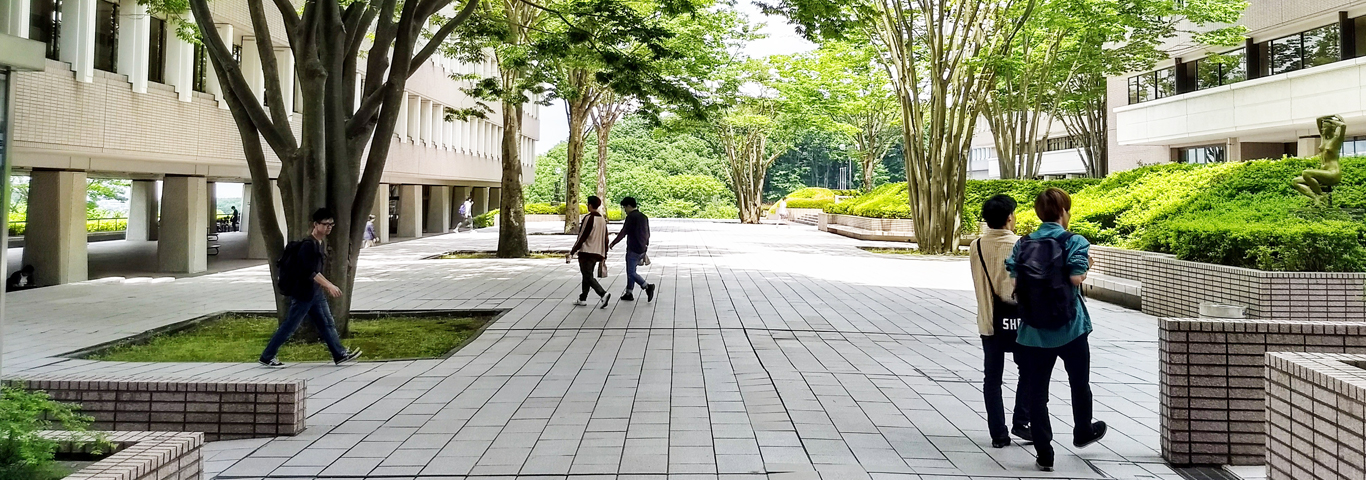HOME > Information > 2022 > Publication of research on a new mechanism of action rosemary-derived carnosic acid may inhibit COVID-19

Information
Publication of research on a new mechanism of action rosemary-derived carnosic acid may inhibit COVID-19
A research group led by Professor Takumi Satoh of the School of Bioscience and Biotechnology at the Tokyo University of Technology has published a paper showing that carnosic acid (CA) derived from the herb rosemary, may suppress coronavirus (COVID-19) infections through a newly discovered mechanism.
Since this suppressive action was found not to be affected by genetic mutations of the coronavirus, the mechanism is considered promising regardless of the strain of the virus. In addition, since CA features high transferability to the brain, it may have an effect on the brain-affecting sequelae of COVID-19 infection.
This study was conducted in collaboration with Professor Stuart Lipton and his colleagues at The Scripps Research Institute in the U.S., and was published on January 6 in the online edition of Antioxidants, a top journal in oxidative stress studies .
■Takumi Satoh (Anti-Aging Food) Laboratory, School of Bioscience and Biotechnology, Tokyo University of Technology
Mitochondria have a decisive role in the human body, controlling the life and death of cells. Our research theme is to elucidate the function of molecules that activate mitochondria by focusing on reactive oxygen species (ROS) and other factors.
[Main research themes]1) Protective effect of organic acids on mitochondria 2) Elimination of cancer cells using vitamin C
[Laboratory website URL] http://www.teu.ac.jp/info/lab/project/bio/dep.html?id=34
■Press release:
https://www.teu.ac.jp/press/2022.html?id=16